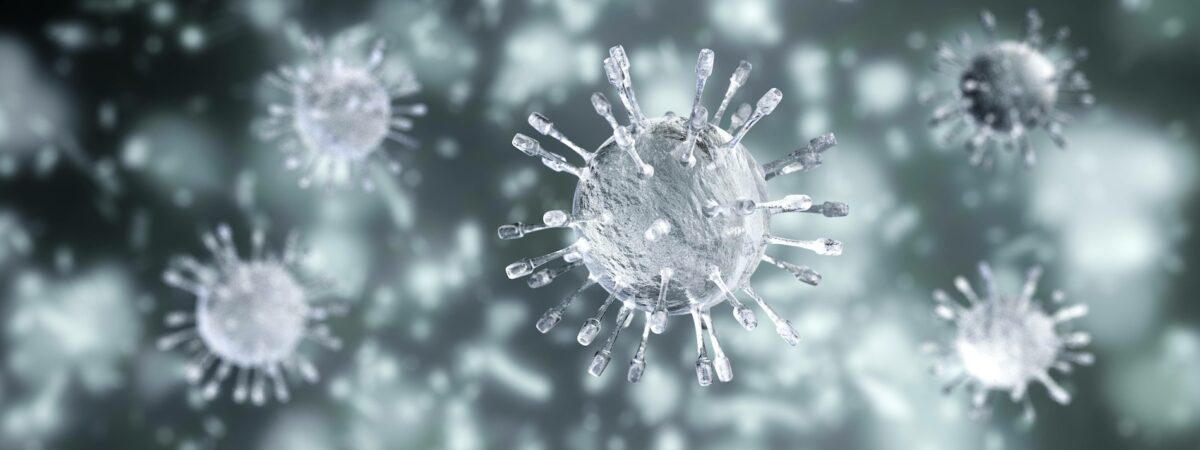What Is C Diff, and Is It Catchy?

What is C. Diff?
Clostridioides difficile, formerly known as Clostridium difficile and commonly known as C. diff, is a bacterium which causes serious gastrointestinal (GI) infections and watery diarrhea. C. diff infections are contagious. C. diff is in the poop of people who are infected or colonized with C. diff. and can survive for a long time outside the body in the form of spores.
Are you at risk?
You are at high risk for C. diff infection if you:
- Are taking or have recently taken antibiotics, which can kill too many of your normal healthy gut bacteria and allow C. diff to take over. Not all diarrhea associated with antibiotic use is caused by C. diff, but if you get persistent watery diarrhea after taking antibiotics, notify your doctor. Anti-diarrhea medications will not cure C. diff.
- Are a patient in a hospital or nursing home.
- Have a weak immune system from: older age, medications which weaken your immune system (e.g., steroids, medications to prevent transplant rejection), conditions which weaken your immune system (e.g., HIV/AIDS, cancer, diabetes, chronic kidney disease), or conditions which affect your GI tract (e.g., irritable bowel syndrome, irritable bowel disease).
Symptoms?
- Watery or mushy diarrhea at least three times per day.
- Other symptoms may include nausea or vomiting, abdominal pain, loss of appetite, fever, or fatigue.
Complications of C. diff can include:
- Recurrent infections: 20% who get C. diff get it again.
- Dehydration
- Electrolyte deficiencies
- Sepsis
- Pseudomembranous colitis
- Reactive arthritis
- Irritable bowel syndrome
- Toxic megacolon
Prevention
- Avoid the inappropriate use of antibiotics, which should not be used to treat viral infections, such as colds or the flu.
- Wash your hands frequently, especially after using the bathroom, before eating, and after leaving a healthcare facility or being around sick people.
- Contact isolation with gowns and gloves should be used with infected people in hospitals or nursing homes.
- Disinfect contaminated surfaces with a 1:9 solution of bleach and water.
- Avoiding the unnecessary use of antacids and proton pump inhibitors may also decrease the risk of infection.
Your doctor may prescribe a probiotic while you are taking an antibiotic to restore your normal protective gut bacteria.
Summary:
- What it is: C. diff is a contagious bacterium that causes severe diarrhea and gut infections.
- How you get it:
- From contact with C. diff spores in stool of infected people.
- Increased risk with antibiotics, hospital/nursing home stays, weak immune system, or GI issues.
- Symptoms: Watery diarrhea (often 3+ times daily), nausea, vomiting, abdominal pain, fever, fatigue.
- Complications: Recurring infections, dehydration, electrolyte imbalances, sepsis, colitis, arthritis, IBS, toxic megacolon.
- Prevention:
- Avoid unnecessary antibiotics (especially for viral infections).
- Frequent handwashing, especially after using the bathroom, before eating, and around sick people.
- Contact isolation for infected individuals in healthcare settings.
- Disinfect contaminated surfaces with bleach solution.
- Consider probiotics during antibiotic use to maintain healthy gut bacteria.
- Important: C. diff is a serious condition. If you experience watery diarrhea after taking antibiotics, consult your doctor immediately.

This article reviewed by Dr. Jim Liu, MD and Ms. Deb Dooley, APRN.
There’s nothing more important than our good health – that’s our principal capital asset.
#medical #telehealth #umedoc










